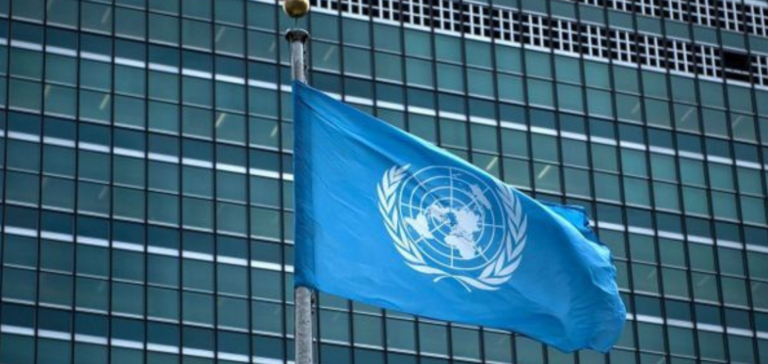Over the past twenty years, UN Climate has issued at least 7,200 accreditations to individuals openly linked to the fossil fuel industry for their participation in climate change negotiations, notably the COPs. This revelation was made by a coalition of NGOs, which published this analysis just a few days before the opening of COP28 in Dubai. The COP will be chaired by Sultan Al Jaber, who also heads ADNOC, the national oil company of the United Arab Emirates.
Debates on the Inclusion of Fossil Energy Actors
The decision to grant these accreditations sparked considerable controversy in the international community. Some argue in favor of including fossil fuel producers in climate discussions, arguing that their expertise is crucial to gradually reducing the use of these energies. However, others denounce the active lobbying by players in the fossil fuel industry to halt progress in the climate negotiations.
Analysis of Accreditations by the “Kick big polluters out” Coalition
The coalition’s analysis
“Kick big polluters out
reveals that of the 7,200 accreditations granted to fossil fuel affiliates over the years, 945 have gone directly to employees of oil & gas companies. In addition, 267 accreditations were awarded to: ExxonMobil, Chevron, Shell, BP and TotalEnergies, sometimes under cover of national delegations or non-governmental organizations.
Number of COP participants
It should be noted that individuals accredited by professional organizations representing the main fossil fuel polluters were able to attend the COPs on more than 6,581 occasions, mainly with the aim of lobbying in favor of these energies, as the coalition points out. in its press release.
The last three Conferences of the Parties (COP), held in Madrid, Glasgow and Sharm el-Sheikh, brought together around 22,000, 38,000 and 49,000 participants respectively. Prior to COP21, the number of participants was generally between 5,000 and 11,000, with the exception of COP15, which attracted 27,700 people.
Transparency in the granting of accreditations
It should be noted that until this year, the UN did not require a declaration of “affiliation” or a specific relationship, including financial, with the entity seeking accreditation. This lack of transparency makes detecting lobbyists more complex, and the NGO coalition believes that its count is probably just the tip of the iceberg.
Lobbyists in other sectors
It’s important to note that the presence of lobbyists is not limited to the fossil fuel industry. Other sectors also contributing to the climate crisis, such as finance, the food industry and transport, are also present at these events, but are not included in the coalition’s analysis.
Civil society will be keeping a close eye on the outcome of COP28 to determine whether it will favor the interests of fossil fuels or put the needs of populations and the preservation of the planet first.
The massive granting of accreditations by UN Climate to individuals linked to fossil fuels for their participation in the COP raises important questions in the run-up to COP28. This controversy reveals the complex climate challenges facing global negotiations, between the inclusion of expertise and the fight against industrial lobbying. Transparency and the management of accreditations will be at the heart of debates at the next COP, as civil society will be attentive to the balance between the interests of fossil fuels and the protection of the planet.






















